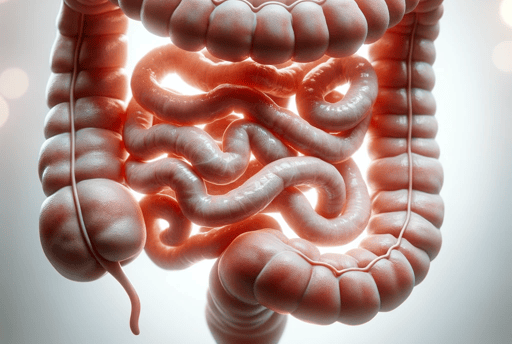Wellness Changes to Improve Digestive Health on a Vegan Diet
2/6/20242 min read


Adopting a vegan diet can offer numerous health benefits, including improved digestion. However, some individuals may experience disruptions in their gastrointestinal (GI) tract when transitioning to a vegan lifestyle. Fortunately, there are several wellness changes that can be made to alleviate these issues and promote optimal digestive health. In this article, we will explore some effective strategies to improve the disrupted GI tract on a vegan diet.
1. Increase Fiber Intake
Fiber plays a crucial role in maintaining a healthy digestive system. As a vegan, it is important to ensure an adequate intake of fiber-rich foods such as fruits, vegetables, whole grains, legumes, and nuts. These plant-based foods are not only rich in fiber but also contain essential nutrients that support overall digestive health.
2. Stay Hydrated
Proper hydration is essential for maintaining a healthy GI tract. Drinking an adequate amount of water throughout the day helps soften the stool, making it easier to pass and preventing constipation. It is recommended to consume at least 8 cups (64 ounces) of water daily. Herbal teas and natural fruit juices can also contribute to your fluid intake.
3. Incorporate Fermented Foods
Fermented foods are rich in probiotics, which are beneficial bacteria that support a healthy gut. Adding fermented foods like sauerkraut, kimchi, tempeh, miso, and kombucha to your vegan diet can help restore the balance of gut bacteria and improve digestion. These foods can enhance nutrient absorption and reduce bloating or gas.
4. Practice Mindful Eating
Eating mindfully involves being fully present and aware of the food you consume. Take your time to chew your food thoroughly and savor each bite. This aids in the digestion process by breaking down food into smaller particles, allowing for better nutrient absorption and reducing the likelihood of digestive discomfort.
5. Consider Digestive Enzyme Supplements
In some cases, individuals may experience difficulty digesting certain plant-based foods due to a lack of specific enzymes. Digestive enzyme supplements can help alleviate digestive issues by aiding in the breakdown and absorption of nutrients. Consult with a healthcare professional or registered dietitian to determine if enzyme supplements are appropriate for you.
6. Manage Stress Levels
Stress can have a significant impact on digestive health. High-stress levels can disrupt the normal functioning of the GI tract, leading to digestive discomfort. Engaging in stress-reducing activities such as yoga, meditation, deep breathing exercises, or regular physical activity can help promote a healthy digestive system.
7. Monitor Food Intolerances
While a vegan diet is generally well-tolerated, some individuals may have specific food intolerances or sensitivities. Pay attention to how your body reacts to certain foods and keep a food diary to identify any potential triggers. Eliminating or reducing the consumption of foods that cause digestive distress can significantly improve GI tract disruptions.
By implementing these wellness changes, individuals following a vegan diet can improve their digestive health and alleviate disruptions in the GI tract. It is important to remember that each person's digestive system is unique, so it may take time to find the right balance of dietary and lifestyle adjustments. If persistent digestive issues persist, it is advisable to consult with a healthcare professional for further evaluation and guidance.
